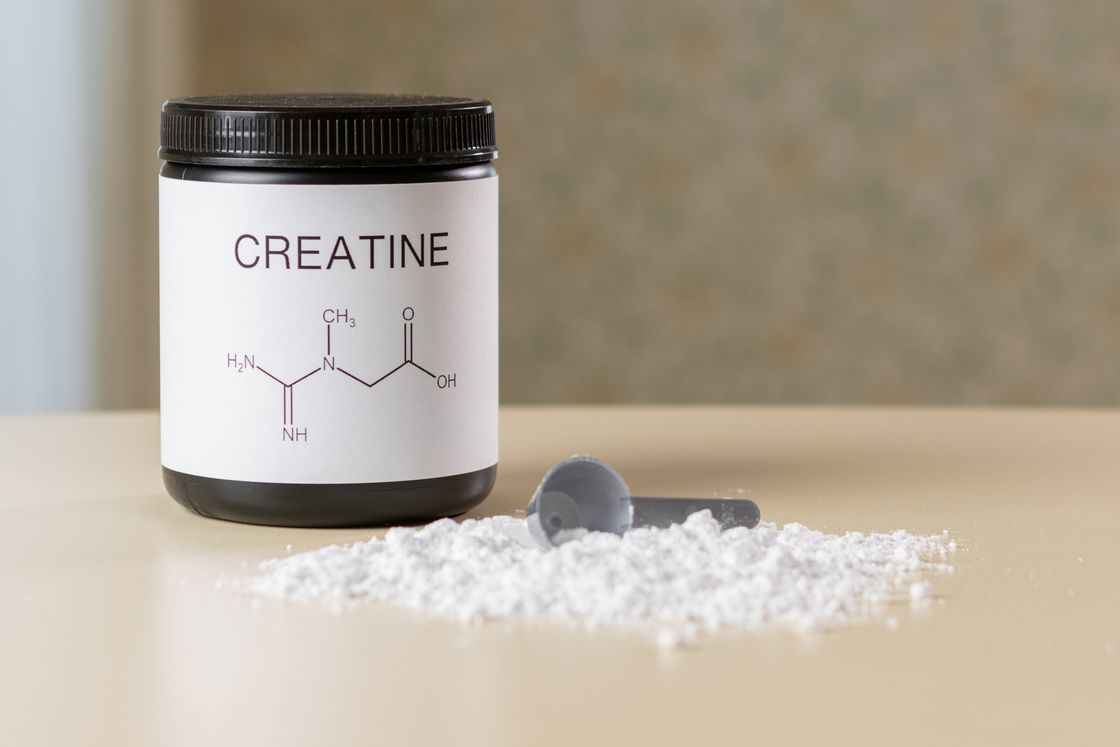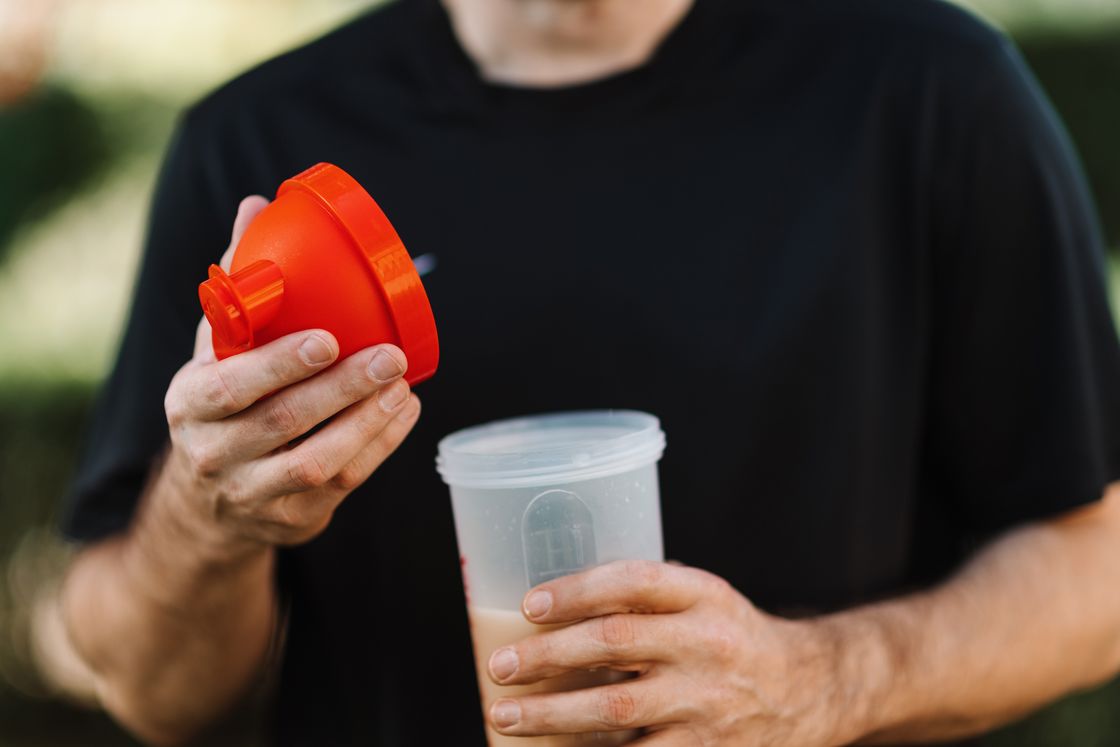Are you a runner looking for a boost to your performance or a bodybuilder looking to do supersets in the gym without running out of steam? Creatine offers a range of benefits. However, you need clarification about whether this supplement will aid your training and race performance.
I have been using creatine for many years, so I know what kind of benefits creatine can provide, even for runners like you. Please continue reading to discover if creatine is good for cardio.
Is Creatine Good for Cardio?
Yes, creatine can be good for cardio. There are various reasons why you should use creatine supplements. They can help build muscle and strength while also helping to improve your overall exercise performance.
The main reason you may want to use creatine would be its ability to aid your recovery. This will allow you to train more often and intensely, ultimately leading to better results.

What Is Creatine?
Creatine combines the amino acids glycine, arginine, and methionine. It is naturally produced by the body and is found in many high-protein foods, including fish and red meat. Despite claims, it is not a steroid or synthesized in a laboratory. It is also not a stimulant, although you will often find it added to pre-workouts alongside stimulants like caffeine.
Supplementing with creatine will help your body produce more ATP, which can help increase energy levels and performance levels. This is important for those who undertake athletic activities that involve fast and explosive movements.
Creatine can also hydrate your muscle cells, which helps protein synthesis. Plus, as your muscles hold more water, you will appear bigger and more pumped. Other benefits include:
- Lower blood sugar levels
- Less fatigue and tiredness
- Improve brain function
What Is Cardio?
Cardio is any movement that causes an increase in your heart rate and blood circulation. Some of the more popular forms of cardio would be running or swimming.
Some of the benefits of cardio include:
- Weight loss
- Increase stamina and fitness
- Strengthen your heart
- Boost your mood
Cardio can be broken down into three different types:

- HIIT (high-intensity interval training)
- MISS (moderate-intensity steady state)
- LISS (low-intensity steady state)
Each type differs based on the intensity of the exercise performed, how long they are performed for, and what muscles are used while performing these exercises. Each type has its benefits; choosing one will depend on your preferences.
Creatine Benefits for Athletic Performance
Creatine supplementation offers a wide range of benefits. Let’s look at how creatine can help improve the athletic performance of athletes in different sports:
Strength Athletes
Increasing ATP production can make extra energy available while working out. This will allow you to perform additional repetitions before fatigue sets in.
Creatine can also cause bloating and increase the water content in your muscle cells plus may help increase IGF-1 production. IGF-1 is a hormone that is key for muscle growth.
Finally, creatine can increase strength and power, so you can now lift heavier weights than usual, allowing you to kiss goodbye to those training plateaus.
Bodybuilders
The extra energy produced when you supplement with creatine will allow you to push harder when working out. This can help you to see more significant gains in strength, power, and hypertrophy.
Research has also found that creatine can aid recovery by reducing inflammation and increasing the stored glycogen in your muscles. Glycogen is your body’s primary energy source, and intense exercise can deplete your stores.
Sprinters
There are many reasons why sprinters should consider using the best creatine supplements. Research has found that creatine can improve muscle strength, enabling sprinters to generate more power while sprinting.
As creatine aids recovery by reducing muscle damage and inflammation, sprinters can train harder and more often, leading to better performance and, hopefully, better results while competing.

How and When to Take Creatine Monohydrate
If you have never used creatine monohydrate before, you will need to undergo a loading phase where you will be consuming a higher-than-normal dosage. The purpose of this stage is to fill up your creatine stores. During this phase, consume 20-25 grams of creatine daily for 5-7 days.
Although the loading phase is unnecessary, it will ensure you see the benefits of creatine much faster. Once your creatine stores are full, you will start seeing the benefits, and when they are full, you won’t need to consume as much creatine each day. While in the maintenance stage, you should consume 3-5 grams daily to maintain your levels.
As for when it is best to take creatine monohydrate, research has concluded that after a workout is the best.
Related Questions
Should I Take Creatine Before or After Cardio?
You can take creatine either before or after cardio. Before would be best as it will give you an energy boost you can use while exercising. However, research has shown that after a workout is the best time.
Does Creatine Burn Fat?
Building muscle will raise your resting metabolic rate, which is the rate which you can burn calories. As creatine can help build muscle, it can, in fact, help with your fat loss efforts.
Does Creatine Give You Better Stamina?
Creatine does not give you better stamina. However, it can benefit your training and help you perform better while racing. In particular, at the end of the race, it can give you that little extra energy and strength for a burst of pace.
Conclusion
Creatine has many benefits, and while it is mainly known for its use by those looking to build muscle and strength, it can still benefit those who perform cardio workouts.
Creatine can help your overall performance and aid recovery, allowing you to train more often. Allowing you to see better results and new PBs.